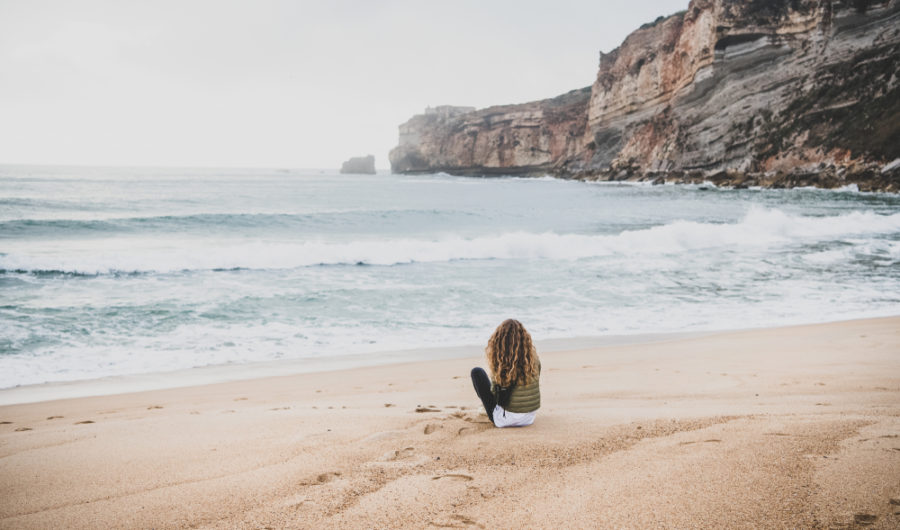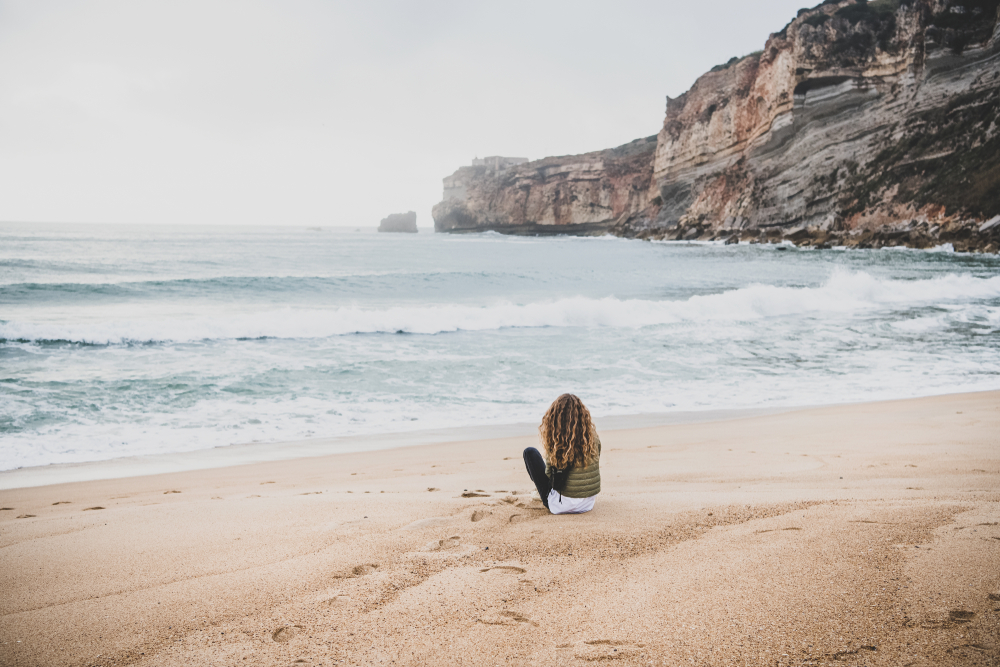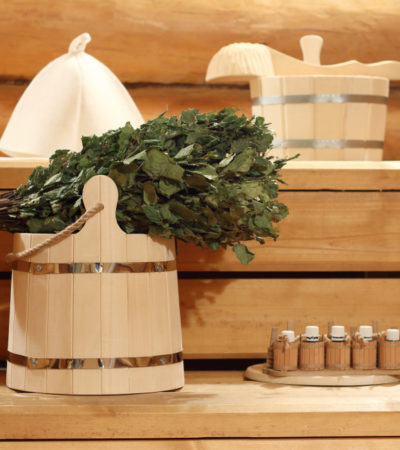Thanks to the grit of controversial campaigning organisations like Extinction Rebellion and powerful alerting voices like Greta Thunberg’s (not to mention the rise of catastrophic climate-related events like the recent fires in Australia and the death of the first glacier in Iceland) the world is waking up to the reality of our current shared predicament – which as you know, looks none too rosy.
We can now add to the worries of our day, a growing unease steadily entering the vernacular as climate anxiety and characterised by feeling overwhelmed, powerless and constantly distracted. In severe cases this can become a preoccupation affecting focus, work, and sleep.
So what can mindfulness offer here? Isn’t sitting around chanting “om” a massive waste of time that fixes nothing? Well no, here’s what mindfulness says:
1
START WHERE YOU ARE
Mindfulness reminds us to begin with an attitude of acceptance and welcoming. The now is the fulcrum of reality and the only point of potent action. Ruminating on how we got here or catastrophising about the future (whilst entertaining to the human mind with its propensity for negativity) tends to build depression and anxiety, when what we need today is bright eyes, clear thinking, and a thirst for fresh conscious solutions that work in harmony with the environment.
2
BREATHE & STAY CALM
If you are dealing with anxiety which becomes intrusive during the day, I recommend practicing STOP, a pocket-practice taught on Mindfulness Based Stress Reduction (MBSR) courses to help you regain clarity and calm before deciding your next move.
Stop and pause. Ground yourself for a moment. Feel gravity pushing you into your seat or stance.
Take a series of conscious breaths feeling the physical sensations of the breath in the body and bring both palms together holding your hands in a gentle clasp. Feel the warmth and energy of your aliveness.
Open – widen the focus of your awareness by observing non-judgmentally what is happening internally and externally. Is there a new opportunity presenting itself?
Proceed.
If anxiety is prevalent, consult your GP or mental health professional to see if attending the MBSR 8-week course could be a good next step.
3
TAKE MINDFUL ACTION
As individuals, we are not solely responsible for our collective climate woes, but we do all have power to choose new habits and a voice to spread our influence throughout our networks. Human beings don’t do well with massive change so take it easy but start all the same. Taking action, even small ones, allows us to feel more in control and connected to others. Your contribution is valuable and important.
So, put aside the feeling telling you that it would be ineffective to start small and begin with a mini audit of your life: check in with how you live and work, what products, food, and materials you consume. Next, choose three small things that you can do differently with ease. Here are some examples:
- Eat less meat – how about eat veggie or vegan for breakfast and lunch and then flex for dinner?
- Drive less, cycle more. Or if you’re in a city and don’t drive much, consider swapping your car for a car-sharing service.
- Be more creative with the clothes in your closet – and buy fewer new items.
- Drink from the glass – plastic straws are out (and kind of unnecessary when you think about it).
- Always carry a canvas bag in your out and about bag.
- Consider making a one-off or regular donation to an organisation like CHOOOSE Today or Trillion Trees.
- Ask questions about climate impact at work and speak up about improvements you think could be made.
- Switch to a greener energy provider.
- Switch investments to ethical funds.
- Fly less.
4
MAKE FRIENDS WITH HYPOCRISY
Remember, just because you change something, in acknowledgement of the climate issue, doesn’t mean you have to change everything. As human beings, we are all hypocritical to a certain degree and limited in our ability to express integrity. I have yet to meet a human being able to demonstrate 100% integrity 100% of the time, have you?
So, start where you are, see what sticks and if you feel motivated to make more changes once the new habits have become the new normal, go for it. There are aspects of change that I still find I am resistant to. I fly a lot both for work and pleasure and travel has been a lifelong passion. My Dad was an airline pilot and my Mum a stewardess and I am having to wrestle with a lifetime of habits as I consider changing my ways on that one, whilst many of the others on the list have felt pretty easy.
5
PRACTICE NON-JUDGMENT
When we feel anxious and under threat it is incredibly easy to point fingers and to shift the attention of our own discomfort onto others. The problem here is that people defend, or disengage in the face of such attacks. Mindfulness reminds us to practice non-judgment and meet others where they are. If we are to navigate the next decades and centuries peacefully and sustainably we will need all corners of the world, industry, business, politics and society to come together and some will come quicker than others.
6
LISTEN TO THE EXPERTS
I was lucky enough to attend a talk by Paul Hawken, author of The Drawdown: The Most Comprehensive Plan Ever Proposed to Reverse Global Warming recently where he struck a positive, compassionate and optimistic tone, explaining that all is not lost and there is still time to turn our collective fate around. There are sophisticated intelligent plans that we can all contribute to and feel part of the solution. If you want to do more, read the book and see where it takes you.
7
FIND HARMONIC SOLUTIONS
As you contemplate your choices and the challenges ahead notice the mind’s tendency to dwell or catastrophise, and experiment by redirecting yourself to a more positive outlook by giving yourself the challenge of sitting quietly for a few moments focusing on the sensations of the breath and the body, before visualising what other solutions might be possible and how the situation might work out well.
I frequently guide executives to meditate on their current business and personal challenges and they are often surprised by the ingenious solutions that arise in the space of awareness. Mindfulness has the capacity to drop us directly into our creativity and wisdom and the simplest practice can offer insights that the analytical mind would never come up with.
Together I feel sure that we can rise to the biggest challenge of the modern era.
Humanity, it is time to overcome our intelligence and becoming wise.
Let’s do this.
words by Neil Seligman, author of 100 Mindfulness Meditations and Conscious Leadership.
Read more: “10 Things I Learnt From Going Zero Waste”














